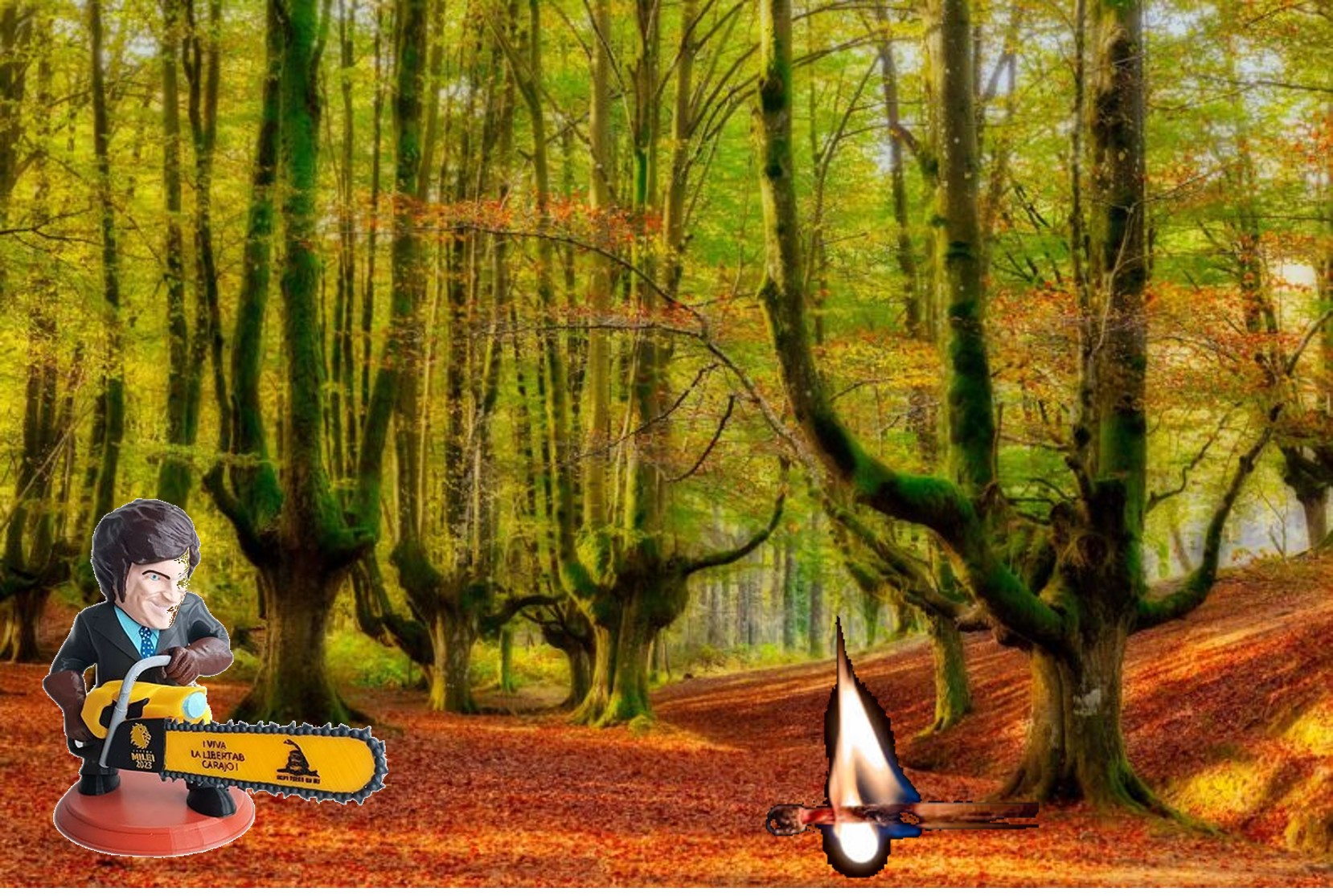Marxter Chef

A ghost crosses the kitchens: The ghosts of Carlos.
Karlos has not been presented to the Master Chef Celebrity. After analyzing its culinary heritage, it is very clear that it will not overcome the selection of its opponents. In fact, the Academy of Gastronomy and the media have always been behind closed doors. What's more, he's been shut down by the restaurants that have been set in motion. However, it is a very experienced gastronome, with the dishes to develop very clear and with which he wants to teach his recipe to all the diners in his alternative program. Its revolutionary vision is based on scientific cuisine and takes into account the historical landmarks of cuisine, such as the stews of the Paris Commune or the culinary organization of the Soviets. Beyond idealistic rhetoric, Karlos is clear that for cooking to be a success it must be based on adequate raw materials.
Karlos is aware of the need for his recipes, especially at a time when the trend towards calcination is increasing. In the menu of the gastronomic elite, more and more lead is perceived. The incidence of social saturnism is increasing in European societies. Carlos is well aware of the menus of the early decades of the 20th century, where kitchen directors and their assistants fed the peoples of Europe from war. Therefore, Karlos presents us recipes for wartime in his own gastronomic program, always with high quality traditional ingredients.
As an aperitif, Karlos offers us the natural vermouth of the dialectic, based on the old recipe of the great professor Federico. Different extracts are combined to gradually achieve a qualitative change of sensation, where rival flavors come together in a continuous competition.
The first dish originates in the municipality of Zimmerwald. It is a thick soup of legumes from Russia, made with pucheros, designed by chef Vladimir Ilich Uliánov. Stealing food at the highest stage is an invitation for competition between peoples to get food to become a gastronomic elite and a competition between diners. In addition to the soup plate, the dismantling of the state of the burgess gastronome is used. A courageous proposal to accompany the dish is put on the table: A wine from León, called “Red Army”, produced by the Winery of Continuous Fermentation.
In front of those who have left out of the gastronomic programs, Carlos's recipes are based on quality ingredients, rational combination, good use of fire, good organization of the kitchen and catching diners
The second dish has a clear German touch, developed by the prestigious trio of cooks Rosa, Karl and Clara. The dish consists of the roasted elbow of the imperial pig and is served with two supplements: choucrut with cabbage cut with sickle and mashed peas crushed with hammer. With this second dish, Karlos el Gastrónomo recommends the pink wine, “The New Woman” of the winery Kollontai.
The dessert proposal is inspired by the six in Sardinia, in a penitentiary recipe developed by the great rancher Antonio. Seadan tin leaves are superstructure and the interior cheese and grated lemon are subordinate class components. The honey that covers silk represents the cultural hegemony that the pastry shops of the people must attain.
After the dessert, Karlos proposes a special coffee in Peru that collects the philosophy of the coffee school created by the famous barista Mariátegui. In this way, European approaches are combined with local cuisine, valuing Km 0. In the face of decaffeinated extrapolations, coffee is obtained through the traditional roasting practices of the villages of origin to extract all the odors from the coffee.
To end the rich menu and help digestion, liquor sucks are the best option! And not just any liquor, but the powerful Cuban rum. It is a project of a gastronomic laboratory of guerrillas created by the prestigious sommelier Ernesto and which began producing in 1959. This rum was named “New Cook”, because it wants to revolutionize the concept of cooking, also in the field of spirit drinks. Above the elitist cuisine for the few and the poor quality liquors served with the left hand, the rum “Sukaldari berria” will leave all diners a good and lasting taste.
As you can see, the menu that Karlos proposes has its own complexity. Facing fast food, increasingly extended in the popular dining room, Karlos offers dishes prepared on a slow and peaceful fire. It takes time and training to cook well and feed well. The quick and simple, although it can be a success among diners, leads to malnutrition. Facing the sweetened dishes and empty calories that spread in the dining room, Karlos claims healthy ingredients. Contrast authentic food to wonderful postmodern forms with their true colors. Raw truths to the textures of supertransformed reality, with its natural nonsense. Karlos knows that the post-truth cuisine also offered on the left side of the dining room does not feed the people, even if it is acceptable for its taste and at the moment satiates the hunger. Substitutes are not in Carlos's recipes. You have to walk to the popular kitchen to socialize the healthy menus.
In front of those who have left out of the gastronomic programs, Carlos's recipes are based on the quality ingredients, the rational combination, the good use of fire, the good organization of the kitchen and the gathering of diners. And one last ingredient to win the cooking contest: all the transformative cooks in the world, join!
Iñaki Etaio, internationalist
Bidali zure iritzi artikuluak iritzia@argia.eus helbide elektronikora
ARGIAk ez du zertan bat etorri artikuluen edukiarekin. Idatzien gehienezko luzera 4.500 karakterekoa da (espazioak barne). Idazkera aldetik gutxieneko zuzentasun bat beharrezkoa da: batetik, ARGIAk ezin du hartu zuzenketa sakona egiteko lanik; bestetik, egitekotan edukia nahi gabe aldatzeko arriskua dago. ARGIAk azaleko zuzenketak edo moldaketak egingo dizkie artikuluei, behar izanez gero.
A few weeks ago, the President of the European Union, Ursula von der Leyen, reported on the need for military spending of eight hundred billion euros. This expenditure is said to be in response to a military threat to which Europe is exposed, and it has been confirmed that there... [+]
“Even with all the shortcomings, the unions have done more for humanity than any other human organization that has ever existed. They have contributed more to dignity, honesty, education, collective well-being and human development than any other association of people.” ... [+]
You may not know who Donald Berwick is, or why I mention him in the title of the article. The same is true, it is evident, for most of those who are participating in the current Health Pact. They don’t know what Berwick’s Triple Objective is, much less the Quadruple... [+]
The article La motosierra puede ser tentadora, written in recent days by the lawyer Larraitz Ugarte, has played an important role in a wide sector. It puts on the table some common situations within the public administration, including inefficiency, lack of responsibility and... [+]
Is it important to use a language correctly? To what extent is it so necessary to master grammar or to have a broad vocabulary? I’ve always heard the importance of language, but after thinking about it, I came to a conclusion. Thinking often involves this; reaching some... [+]
The other day I went to a place I hadn’t visited in a long time and I liked it so much. While I was there, I felt at ease and thought: this is my favorite place. Amulet, amulet, amulet; the word turns and turns on the way home. Curiosity led me to look for it in Elhuyar and it... [+]
Adolescents and young people, throughout their academic career, will receive guidance on everything and the profession for studies that will help them more than once. They should be offered guidance, as they are often full of doubts whenever they need to make important... [+]
We have had to endure another attack on our language by the Department of Education of the Government of Navarre; we have been forced to make an anti-Basque change in the PAI program. In recent years, by law, new Model D schools have had to introduce the PAI program and have had... [+]
Public education teachers have the need and the right to update and improve the work agreement that has not been renewed in fifteen years. For this, we should be immersed in a real negotiation, but the reality is deplorable. In a negotiation, the agreement of all parties must be... [+]










